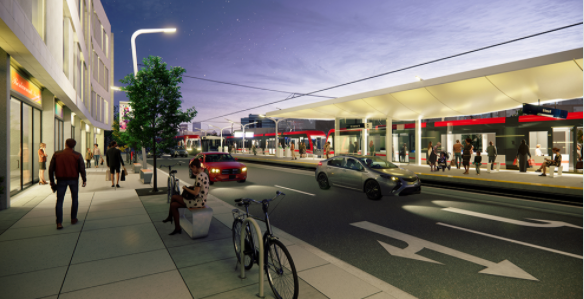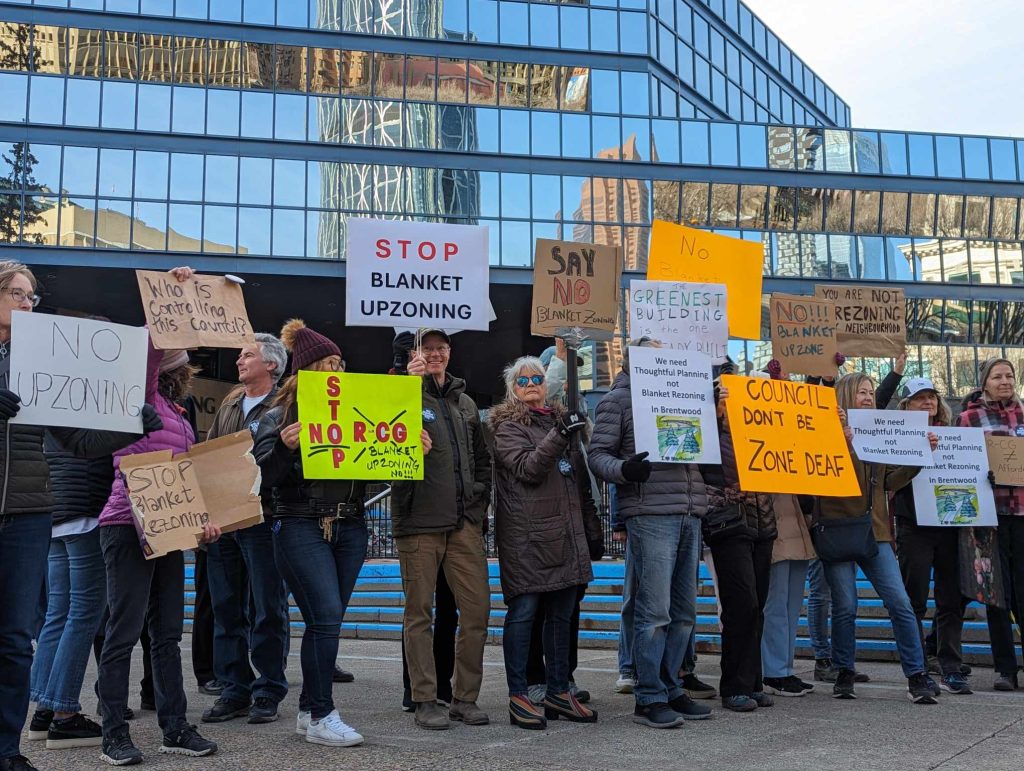Lack of information from province fuelling concerns of Green Line delay
Posted Dec 8, 2020 3:16 pm.
CALGARY (660 NEWS) — It has been two months since Transportation Minister Ric McIver sent a letter to Mayor Naheed Nenshi outlining some concerns the province has with the Green Line LRT project.
While McIver maintained that the Alberta Government is still committed to fronting $1.5 billion for the city’s largest-ever infrastructure project, there has been a lack of clarification around the concerns raised. There were five topics in total under these concerns, including the procurement strategy for the city and overall costs.
Now, there are some worries that these slow developments could cause a delay to the first stage of the line’s construction.
“The province has asked for numerous documents and data, which the city has provided to their team, and they’ve come back and said yeah, we have concerns with the five issues,” said Ward 12 Councillor Shane Keating. “Nowhere have they ever come back and said, here’s where you’re wrong, we think your costs are too low, all of these sorts of things. They just continually state ‘we have concerns.'”
Keating has sent a letter to Premier Jason Kenney calling for more information to come out and highlighting some of the issues he has with the process.
Keating understands that there may be some specific issues around more complicated aspects of the project, namely how to get it through the downtown core and to Eau Claire, but construction on the first leg of the line — from the Elbow River down to Shepard — should not be at risk as he says it is fairly simple.
“It’s something that we have great experience on. So you would think that would be fairly accurate. The rest? Okay, let’s deal with them. But the problem is you can’t deal with them if you don’t know exactly what the data says or what the concerns are with the data,” he said.
That first leg of the line has also been fairly unchanged in design for many years, including above-ground stations in a straightforward route, and the construction is due to start in 2021.
Keating added there have been conversations between the province and the project team, but there’s still a lack of real data that concretely conveys where the issues lie.

Green Line LRT concept photo (photo/ City of Calgary)
The councillor said that there could be some significant problems if the province wants to restart the procurement strategy, which could set back the whole project by upwards of two years. This, in turn, would further increase costs and maybe put the larger scope of the project in jeopardy.
Other people focused on getting the project completed are also sharing concerns, and call on the province to step forward.
“They should be moving heaven and earth to get this project going,” said Jeff Binks, President of LRT on the Green. “It should be priority number one.”
Binks said after the provincial government promised to improve the economy and create jobs during the 2019 election, he doesn’t understand why there might be delays to a project that would add billions of dollars to the economy and create thousands of jobs.
“We seem to be having some sort of foot-dragging going on, and I’m not too sure why. That’s kind of the mystery out there, and we’re hoping that there will be some sort of resolution on that soon,” he said. “There shouldn’t be any reason why next summer we don’t see shovels in the ground and at least building that first section while we work out some of the remaining concerns around the downtown portion.”
A spokesperson for Minister McIver said the province is working collaboratively with the city to address issued raised in its review.
“The concerns were outlined in discussions between the Minister’s office, the Mayor’s office, and the project team, and outlined at weekly meetings between officials from Alberta Transportation, the project team, and the City. These conversations date back to October, when Minister McIver’s letter was first sent to Mayor Nenshi. Following the letter to Mayor Nenshi, the Province’s external consultant outlined the contents of his report to the project team directly,” the statement read.
“Given the commercially sensitive nature of the report and the fact that there was an active procurement out for Stage 1 of the Green Line at the time, the City and Province agreed that the report should not be shared publicly.”
Keating agreed that the overall report should remain confidential, but he did raise a point about the consultation being done and that there still has not been real data shared with the project team and there are only verbal conversations that have happened.
“Those issues were all discussed greatly with the consultant who wrote the report, and then it seems like any of the information the city has provided or given is slightly dismissed, and we get this general view that they have concerns. But, no details,” Keating said.
The spokesperson added that the project will move forward once due diligence has been performed.
“We will not be held to an arbitrary timeline at the expense of a functional transit project.”
In response to the province’s statement, Binks questioned some of the timelines that were expressed and was confused about the final sentence seemingly questioning that the Green Line is a functional project.
“City Council spent multiple days in the spring discussing Green Line before deciding 14-1 that it was most definitely a ‘functional transit project’. Being able to begin construction in the summer 2021 season is not an arbitrary deadline. Missing a construction season is a real thing that has real impacts. To me, the province saying they don’t want to work with deadlines says they’re more than happy to stretch this out versus doing the work to come up with a solution ASAP.”
Binks added that it has already been a long road for the project, which has been considered in various forms for decades. This year it has also seen several changes, most importantly to the route through the downtown core, and also concerns have been raised by councillors in north Calgary that it will take too long for the line to get up to their communities.
But Binks believes that it is in everyone’s best interest to get the proper information and move ahead as soon as possible, and doesn’t understand what is preventing the province from sharing details.
“I can’t see it taking two months to take whatever those concerns are, put them on a piece of paper and send them over to Calgary. That takes about five minutes. And why they haven’t had that five minutes over the last two months, I’m not too sure. I can’t imagine COVID-19 can really play a role in that.”










